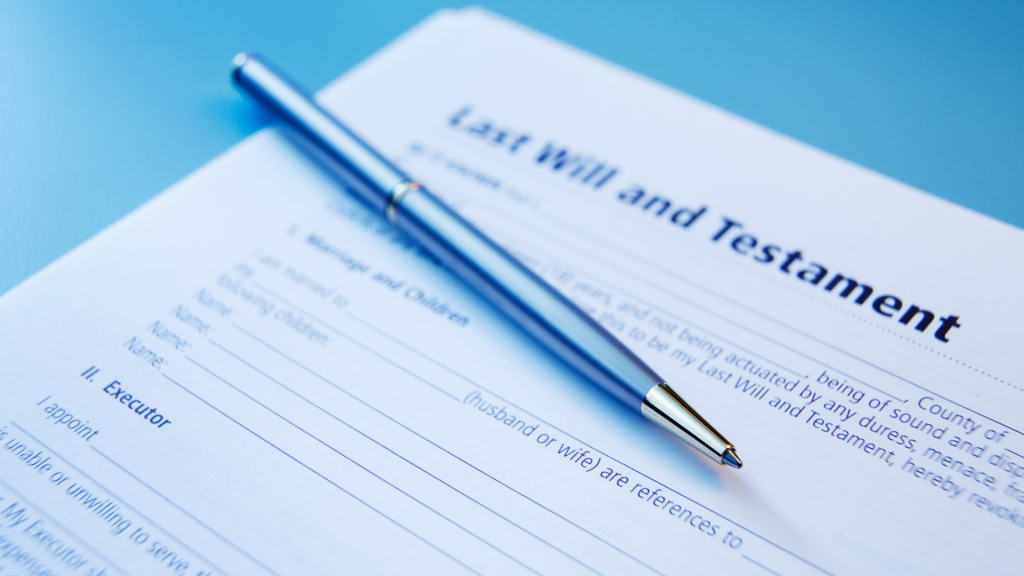Choosing the right estate planning documents is about deciding how you’d like to provide for your family after you pass on. Many people decide to leave everything to their children; others leave everything to their spouse or partner; others leave everything to grandchildren. One way or another, it’s essential to establish an estate plan so that you can make decisions in advance about what will happen to your assets after your passing.
Without a will, assets are distributed according to state law. These laws do not always reflect the wishes of the deceased or those they leave behind. So, you ought to take the necessary steps and create a will that expresses how your estate and holdings are passed on. To do that, the first step would be to drive down to a law office calgary or one closer to you, and discuss with a lawyer who specializes in wills and estates. The last will and testament you frame will protect the assets you have worked for and provide comfort for loved ones when you pass on.
Different Aspects of Estate Planning:
A Plan For the Future
To ensure that your heirs have what they need, it’s essential to include in your will, a provision that instructs the executor of your estate to provide for specified individuals or entities. It should also include any relevant Florida deeds, or similar documentation that demarcates specific transfer of ownership of a property to a particular individual. Making elaborate documentation and planning saves the hassle of an unclear distribution of an estate. This is true even when your estate is relatively modest compared to others.
Create a Will
A will serves as a legally binding document that outlines how a person’s property is to be distributed upon their passing. Unlike a trust, a will does not automatically become legally enforceable upon creation. However, it is a crucial tool as it allows you to specify precisely which beneficiaries will inherit your assets and who will be responsible for any minor children. Without a valid will, the law will dictate the distribution of your property, which may not align with your intentions. An effective way to prevent potential family conflicts is to draft a clear and comprehensive will that articulates your desires regarding asset distribution and guardianship of minor children in the event of unforeseen circumstances. To assist with this important process, you can seek the expertise of a law firm like Walsh & Company – Estates & Trusts Law Firm Serving Maryland, which specializes in estate planning.
Consider the Estate tax
Deciding how to provide for heirs can have several implications, including tax consequences. Generally, assets left to heirs outside of the trust will be subject to the estate tax. However, assets left to heirs inside a trust may be tax-free or exempt from the estate tax. The estate tax, or inheritance tax, is a tax levied on a dead person’s belongings. Like any other tax, it’s based on the value of the assets owned by the individual after they die. The estate tax is an extra tax on top of the federal estate tax, which is a tax that’s levied on inherited money.
Factors That Affect Your Estate
The execution of a will is completed once a few factors are taken into consideration. To begin with, the financial standing of the beneficiary plays a major role in the distribution of assets between heirs; lesser debts and expenses directly translate to the inheritance of a higher value of assets and finances. Likewise, the estate owner’s needs can quantitively affect the value of holdings being distributed. Divorces could affect the distribution of wealth when you consider prenups, joint ventures, and shared properties. You could learn more about how the process of divorce could affect an estate at www.petersmay.com or similar websites. Further, individuals with significant assets may need more than a basic will and trust in their estate plan. This is to establish clarity and parity in the distribution process.
Insurance
When you pass away, your loved one’s financial situation can be thrown into chaos. It is hard enough losing someone, but for many, the impact of losing someone who they depended on financially is even greater. One of the first things used to determine who receives their estate is how the beneficiary is set up. Most commonly, life insurance is used to benefit a beneficiary with a lump sum of money. Often, these beneficiaries are children or other loved ones who could be in dire need of financial help. But it can also benefit adult children or other family members.
Term life insurance is the most basic form of life insurance available, and it’s the one that most people are familiar with. When you purchase it, you’re basically paying a specified sum of money, or death benefit, to the insurance company if you pass away within a specified time period, usually 10 or 20 years. The insurance company then pays the benefit out to the beneficiaries listed on your policy. It is the cheapest type of life insurance and typically the most affordable type of life insurance.





